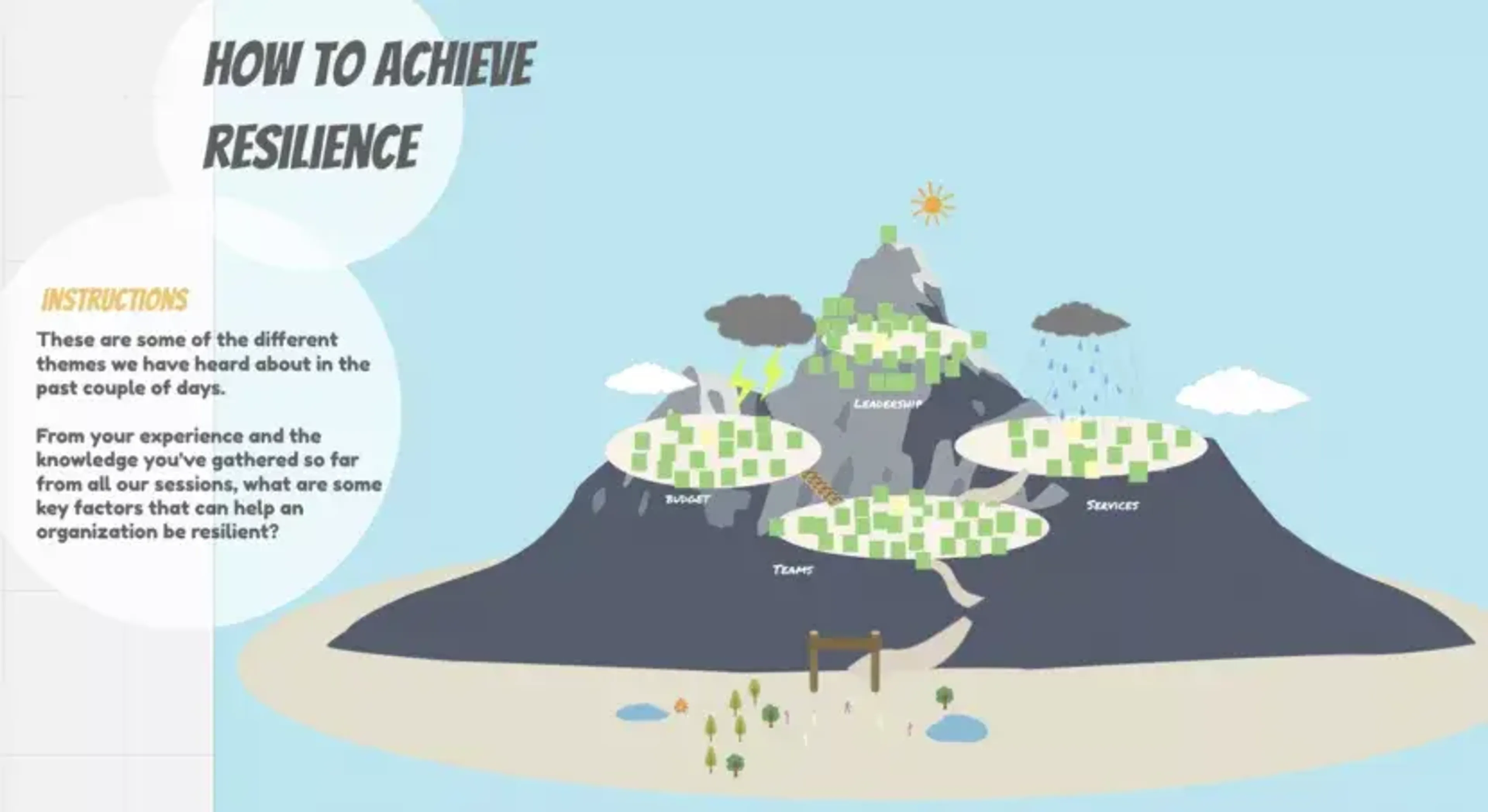
Heidi Uchiyama
Director
From 12-14 October 2022, Public Digital and UCL’s Institute for Innovation and Public Purpose (IIPP) co-hosted the 5th annual Digital Services Convening.
The original blog post on the event by UCL IIPP can be found here.
Since its inception, the Digital Services Convening has aimed to foster and accelerate collaboration within a global digital community. This year, leaders and practitioners from more than 30 countries shared their reflections on the past year and their thoughts on how to sustain collaboration as we look to the future.
Our aim was to revitalise conversations around digital services, and we welcomed both new and returning participants at this year’s convening. We were delighted to host a diverse range of digital leaders and practitioners including including Audrey Tang (Digital Minister for the Government of Taiwan), Anir Chowdhury (Head of a2i — Bangladesh’s digital government unit), Tamara Srzentić (Former Minister of Public Administration, Digital Society and Media of Montenegro), Pandu Putra (GovTech EDU @ Government of Indonesia), Jessica Cole (CEO at U.S. Digital Response), Angie Quirarte (Tech Talent Project), and Matthew McNaughton (Co-founder at SlashRoots Foundation).
Each day of the convening focused on a different topic, covering leadership and power in digital governments, digital ecosystems and partnerships, and resilient services and teams.
A prominent theme throughout the convening was the
instability which has defined over the past year, in events such as the
war in Ukraine, global economic uncertainty, and our slow emergence from
the pandemic. However, our discussions emphasised the role that global
community and cooperation can play in creating stability and resilience
in times of chaos.
The first day of the convening began with a look at developments across the globe in the area of digital government. We reflected on the major wins of the past year, such as the Biden administration’s renewed financial investment in the digital agenda, and the launch of the UK’s Central Digital and Data Office and its 2022-2025 roadmap.
However, we also acknowledged the challenges facing digital service units and departments in the midst of accelerating digital delivery. We signalled the role of collaboration and relationship-building in digital progress, and the need to continue to share within a global community to build on existing knowledge and identify new approaches.
The co-creation session, led by IIPP Associate Professor in Digital Government David Eaves,
explored the role of collaboration and decentralised delivery in
digital government. The participatory session invited comments from
attendees on what centralised teams and departmental teams need from
each other, and how they can collaborate to enable delivery of digital
change. Responses emphasised the real need for trust and communication
between departments, as well as the aspiration for more collaboration in
the future.

The second day of the convening focused on ecosystems, partnerships, and civil society. We discussed the ways in which digital public infrastructure and digital public goods have furthered partnerships and strengthened digital ecosystems. With public and private sector organisations working collaboratively to produce large-scale platforms, we have seen how the potential for rapid digital growth at scale is much greater. Public digital services developed in India, for example, have been hailed as providing a foundation upon which other countries can build.
We also examined the issue of low engagement in civil
society’s response to digital services, and the role this plays in the
adoption gap. The convening’s second co-creation session, delivered by
Public Digital Director, Anna Hirschfeld, and Matthew McNaughton from
Digital Identity Jamaica, explored building trust among civil society
engaging with digital identity. Responses during the session highlighted
the necessity for transparency in the way organisations present digital
identity to the public, and the need to make content as legible and
accessible as possible to increase engagement.
On the final day of the convening, Emma Gawen, partner at Public Digital, talked about the importance of resilience - the ability to recover quickly and bounce back - in digital government. In the face of challenges such as the outmigration of people with digital skills, the constant flux in political leadership, and ongoing economic uncertainty, governments are demanding more from their digital teams. Our co-creation session looked at examples of strategies used globally to deliver resilient services and develop resilient teams in the face of localised challenges, as well as the conditions required to do so.
We were privileged to hear insights from a representative of the Ukraine’s Ministry of Digital Transformation on the resilience displayed in Ukraine’s digital response. While we reflected together on the disruption and tragedy that has defined events in Ukraine, we also saw the significant role that digital services can play in resistance, and the remarkable acceleration of Ukraine's digital identity technology as a result of the war. We heard about the power of digital spaces to allow Ukrainians to coordinate and voice resistance, and receive support from other nations such as those welcoming refugees.

We would like to thank all attendees for joining us at the convening. We will be sharing Public Digital’s further reflections on the event in the coming weeks.

Director